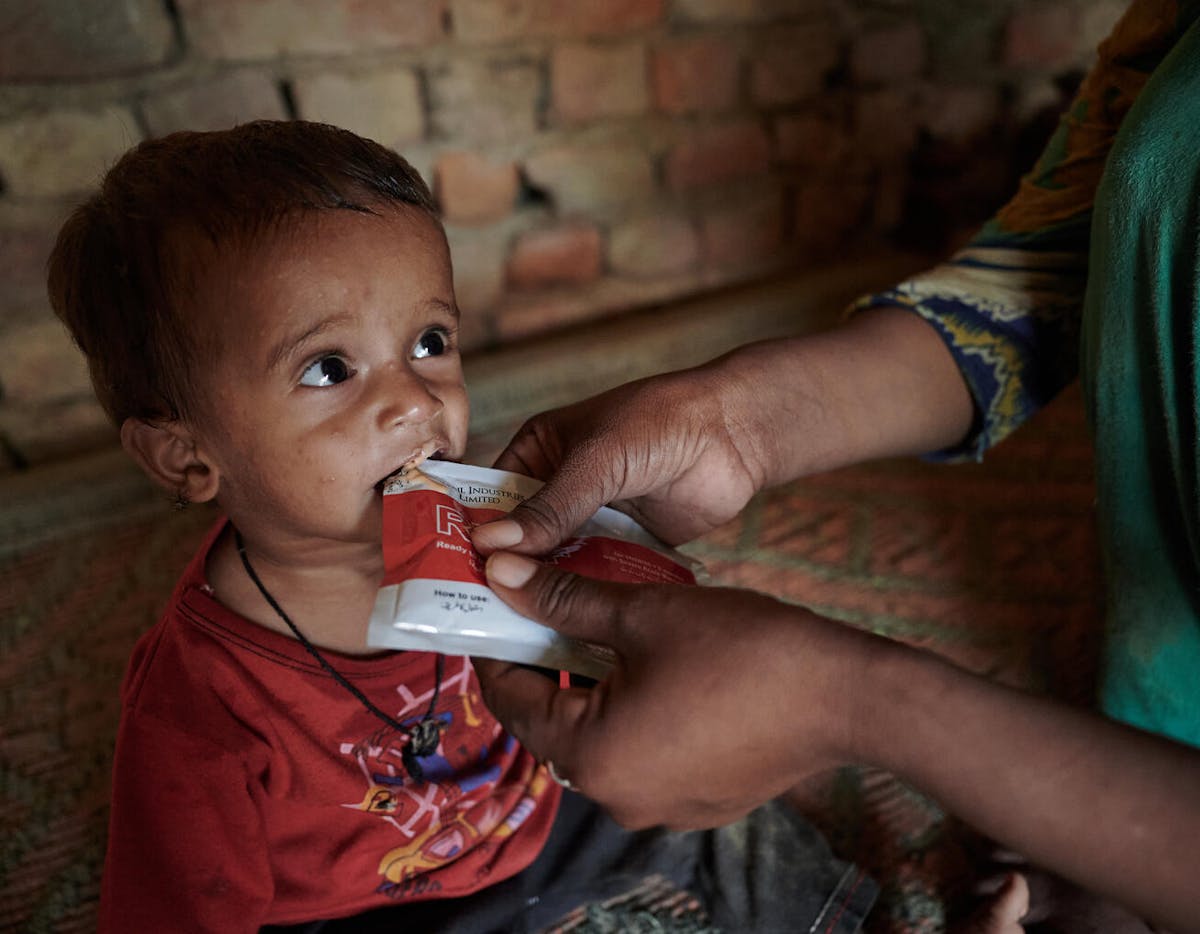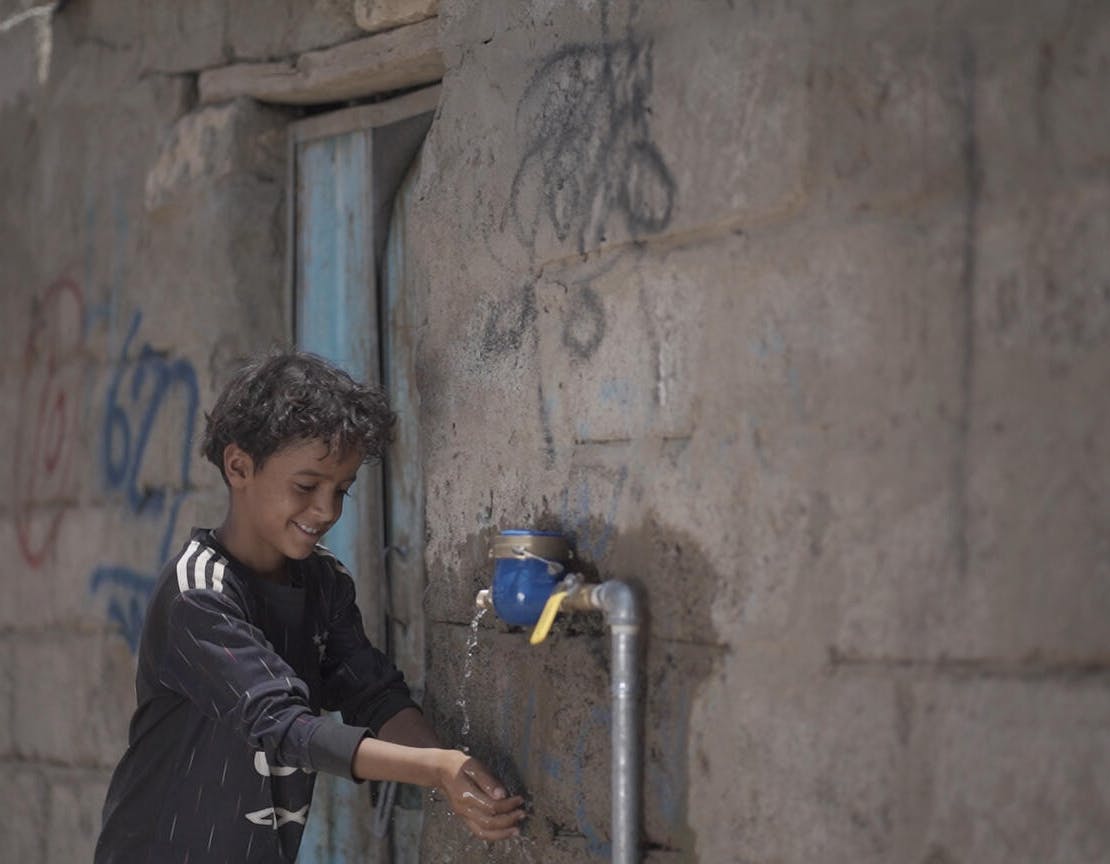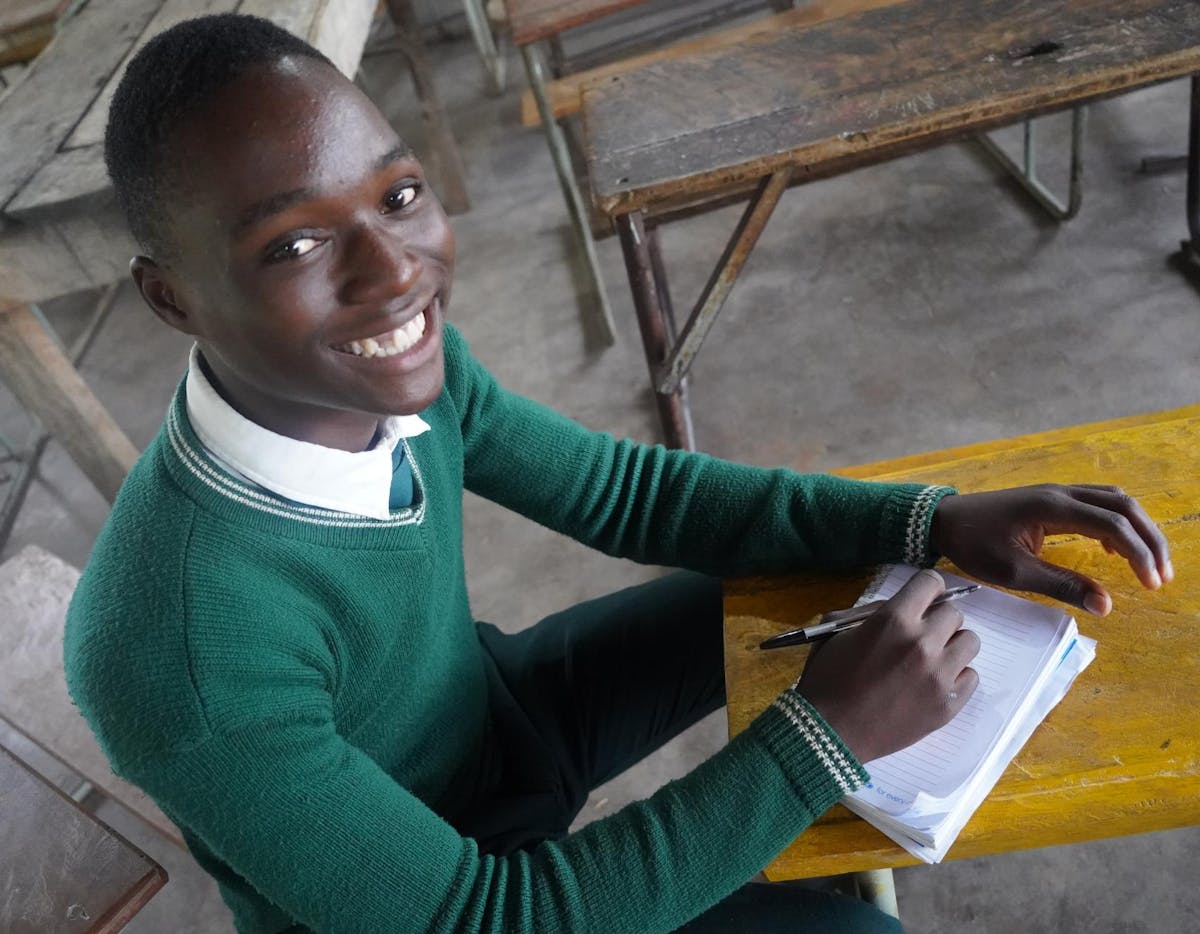
Children's Climate Emergency
Home
Current Appeals
Children’s Climate Emergency
Climate change is the biggest threat facing kids today.
From Aotearoa and the Pacific, to the farthest reaches of our planet – 1 billion children are facing increasingly frequent and more extreme climate emergencies. From cyclones to heatwaves, flooding to drought – an ever-growing number of kids are in danger.
A staggering 90% of the world’s disasters are climate related. When a school is wiped out by floods, or a cyclone destroys a community health clinic, or drought kills a family’s crops – it’s children who are impacted the most. Every climate emergency further reduces their chances of a happy, healthy childhood.
This is not the future, this is the now. Climate change is here, we have to act.
You can support our work protecting kids against the effects of climate change. Donate now.
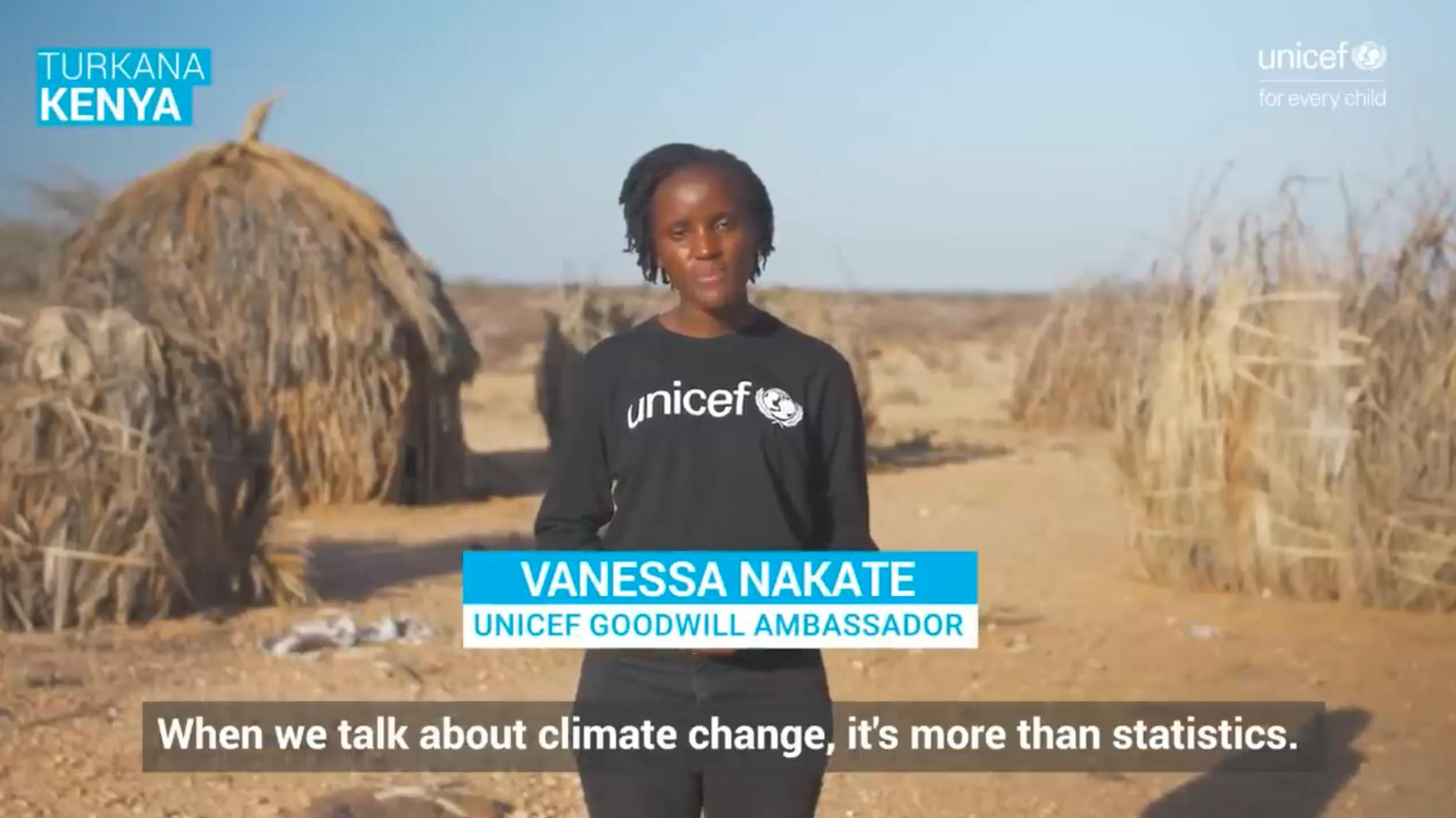
What’s UNICEF doing to protect children against the climate crisis?
We’re focused on creating sustainable, long-term solutions to the biggest climate induced threats children are facing. By harnessing the power of innovation and adopting ground-breaking technology, we’re tackling urgent issues such as water scarcity, climate resiliency and food insecurity caused by climate change.
In 2022, we built 1,855 solar water systems to provide safe water to communities, health-care facilities and schools – resulting in 5.4 million people gaining access to clean water and 3.2 million people to climate-resilient sanitation facilities. We’re also using the power of the sun to provide non-stop education for kids and aid women to grow climate resilient crops in Zambia.
“I really appreciate the knowledge I have been taught in both growing and preparing meals for the family.” says Kamana Mundia.
She's part of the Scaling up Nutrition project which is teaching women how to farm their land using locally occurring crops. This will have major nutrition benefits for her and her family.
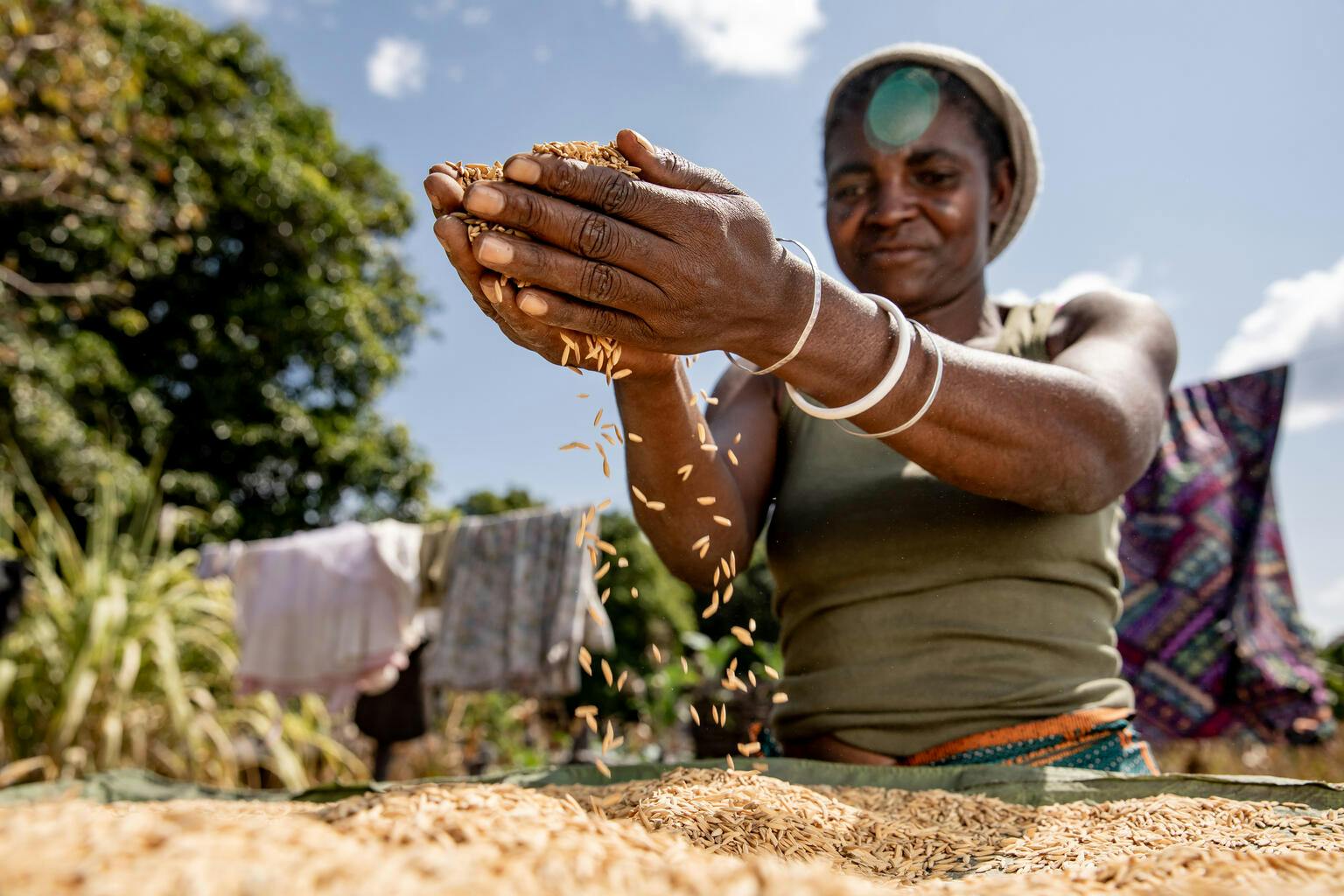

How will my donation help children impacted by climate change?
By making a donation today, you’ll be helping us respond when the next cyclone, drought or other climate-related disaster strikes, while also fuelling our ongoing work to bring long-term, sustainable solutions for 1 billion children living in a climate crisis.
When children caught in the next climate emergency need our help, your support means we'll have pre-positioned supplies stockpiled and ready to go. When families need health, water, nutrition, shelter and emergency supplies, our amazing logistics network can deliver anywhere in the world within 48 hours.
Just recently, when Libya was struck by devastating Storm Daniel, we airlifted 30 tonnes of emergency supplies to distribute to families affected. And last year when 33 million people in Pakistan were impacted by catastrophic flooding, we raced to support kids and communities who’d lost everything.
While we’re quick to respond to climate emergencies, we’re not quick to leave. Your donation ensures we can stay and deliver for as long as kids need us. You’re helping us build back better by restoring damaged infrastructure, strengthening climate resilience against future disasters and creating local solutions to mitigate the effects of climate change right now.
We promise to maximise every dollar received into helping the 1 billion children, their families and their communities threatened by this climate crisis now, and for the future.
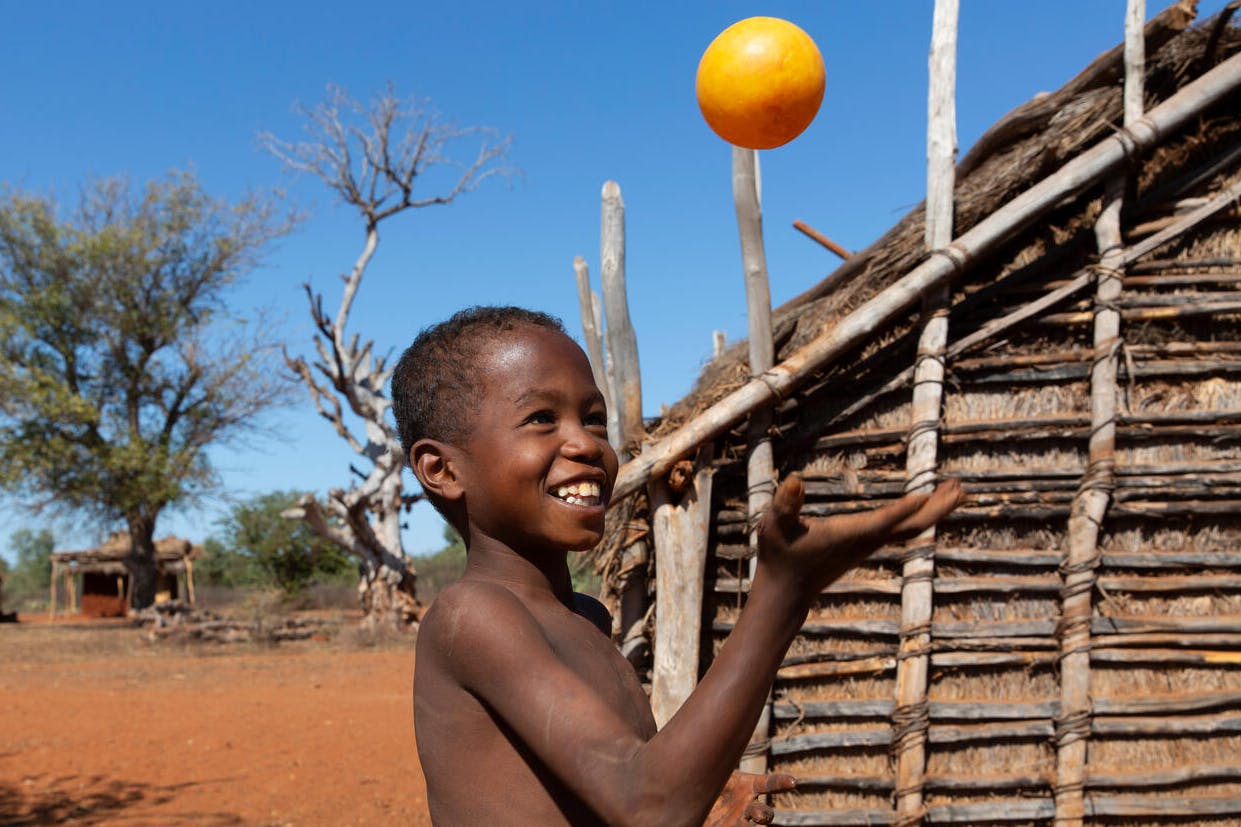
A young boy plays with a plastic ball in the village of Ampotaka, Madagascar.
His community has experienced several years of back-to-back droughts which wiped out crops and hampered access to food. When the water dries out, families are forced to travel 20km by ox wagon to fill up jerry cans with clean water.
To support the people of Ampotaka, UNICEF has built an artificial underwater aquifer so the village can store up to four months worth of water. This helps families survive the dry season and means children can spend their time playing and learning, instead of collecting water for their families.
How else can I help protect kids against the effects of climate change?
Share this appeal
Help us spread awareness of the impact climate change is having on 1 billion kids by sharing this appeal with your friends and family.
Try your hand at fundraising
From running a marathon, climbing a mountain, or selling cakes - there are so many different ways for you to make a difference. Start your fundraising journey, rally your community, support our mahi protecting kids affected by the climate crisis.
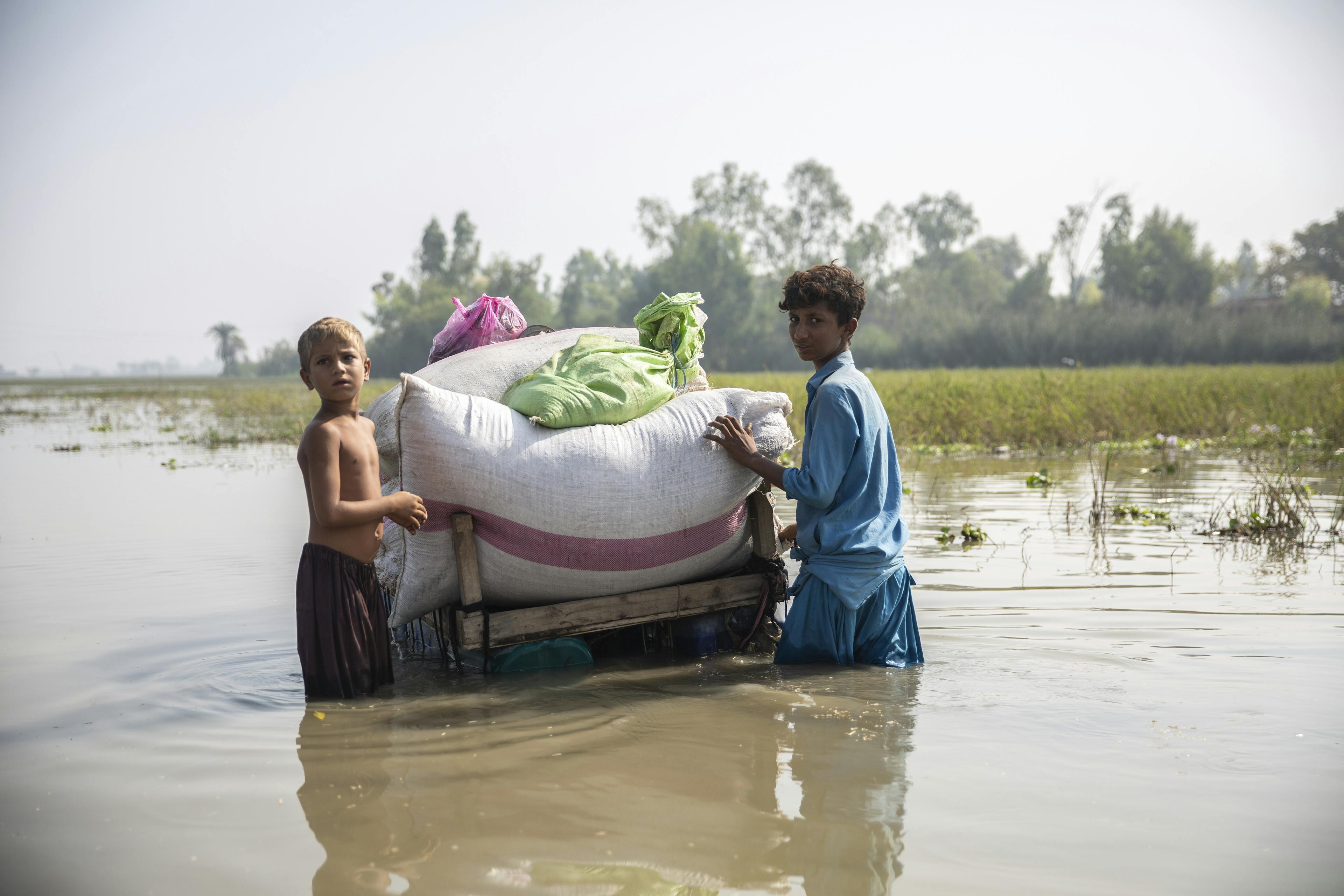
Other ways you can donate
By phone
If you’d like to donate over the phone, call our friendly team on 0800 243 575.
By online banking
If you’d like to donate direct to our bank account, please use account 01-0505-0463764-00 and code ‘CCC-WS’
Other ways to support kids in climate crisis:
Help us spread awareness of the situation for kids by sharing this appeal with your friends and family.
If you'd like to fundraise with your community to support our work, you can start a fundraiser here.
Disclaimer:
In the event that funds raised exceed UNICEF's funding requirements, the appeal no longer needs funding, or the decision is made to close this appeal, your one-off or ongoing monthly donation will go to our Greatest Need Appeal. Where possible we will communicate this with you, however in some circumstances this might not be possible.
UPDATED: 17th April, 2024
Donate to this appeal
SSL protected donation
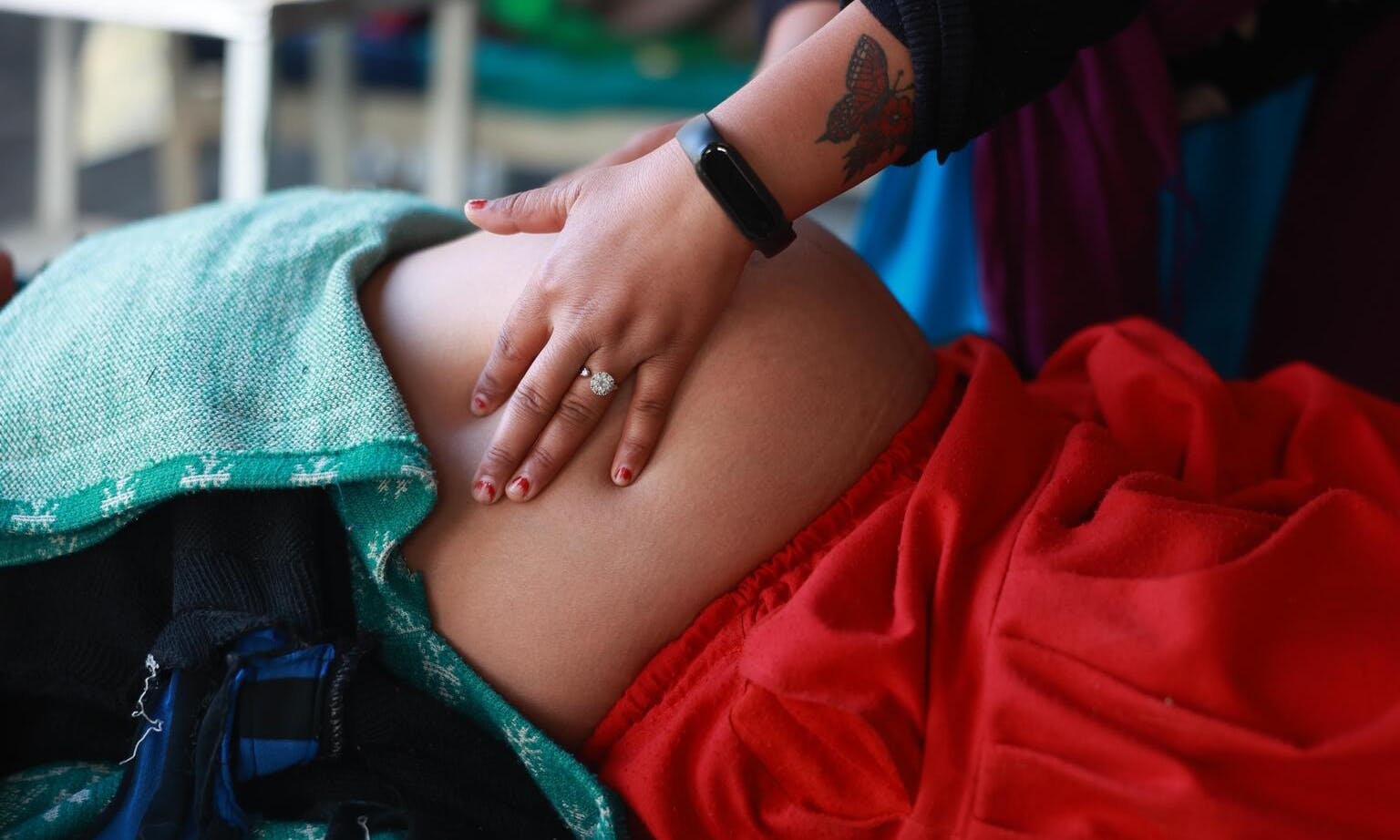
Climate change is an urgent threat to pregnant women and children
Pregnant women, babies and children face extreme health risks from climate catastrophes that warrant urgent attention.
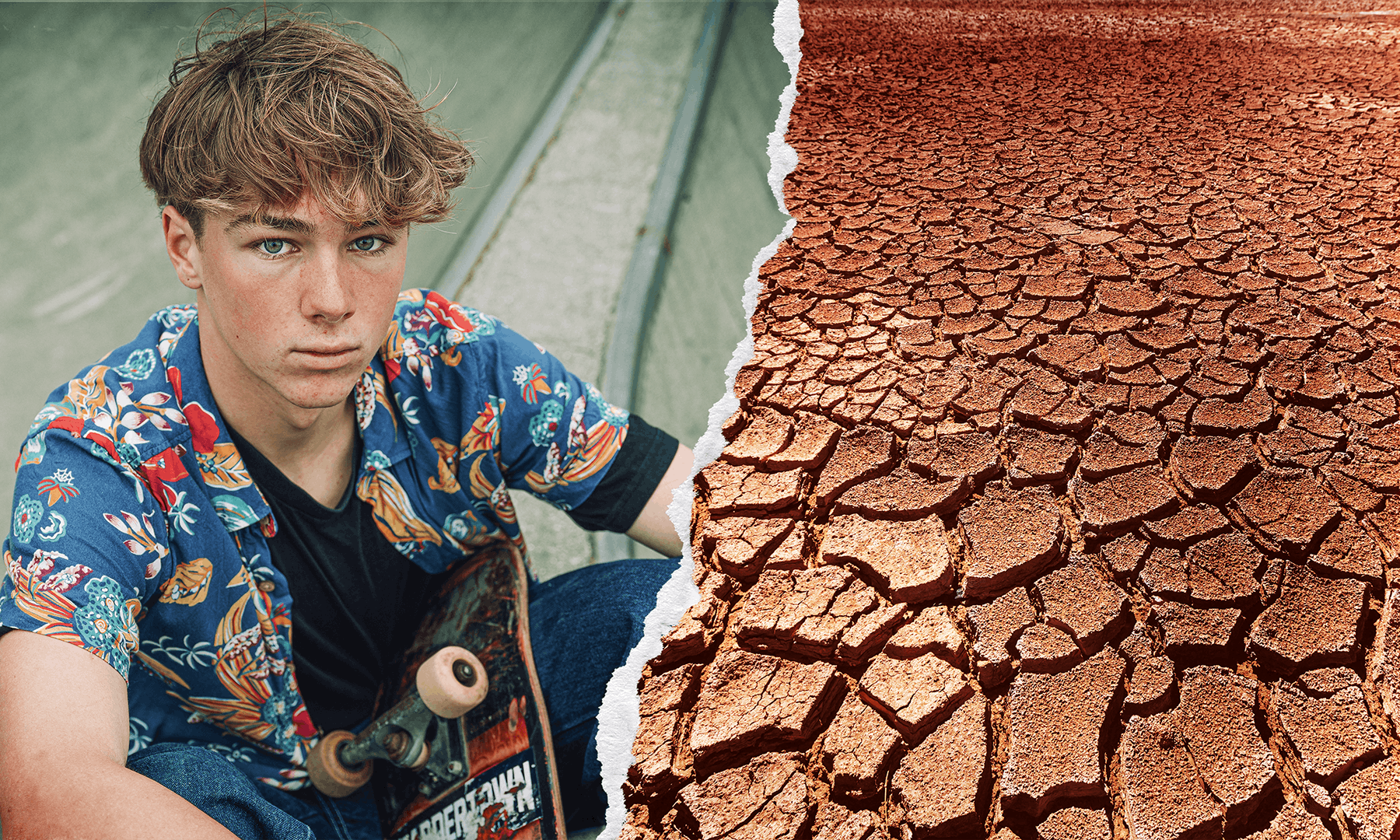
Declaring for Climate Action
We’ve created a petition asking the New Zealand government to declare the climate crisis a children’s emergency in parliament.
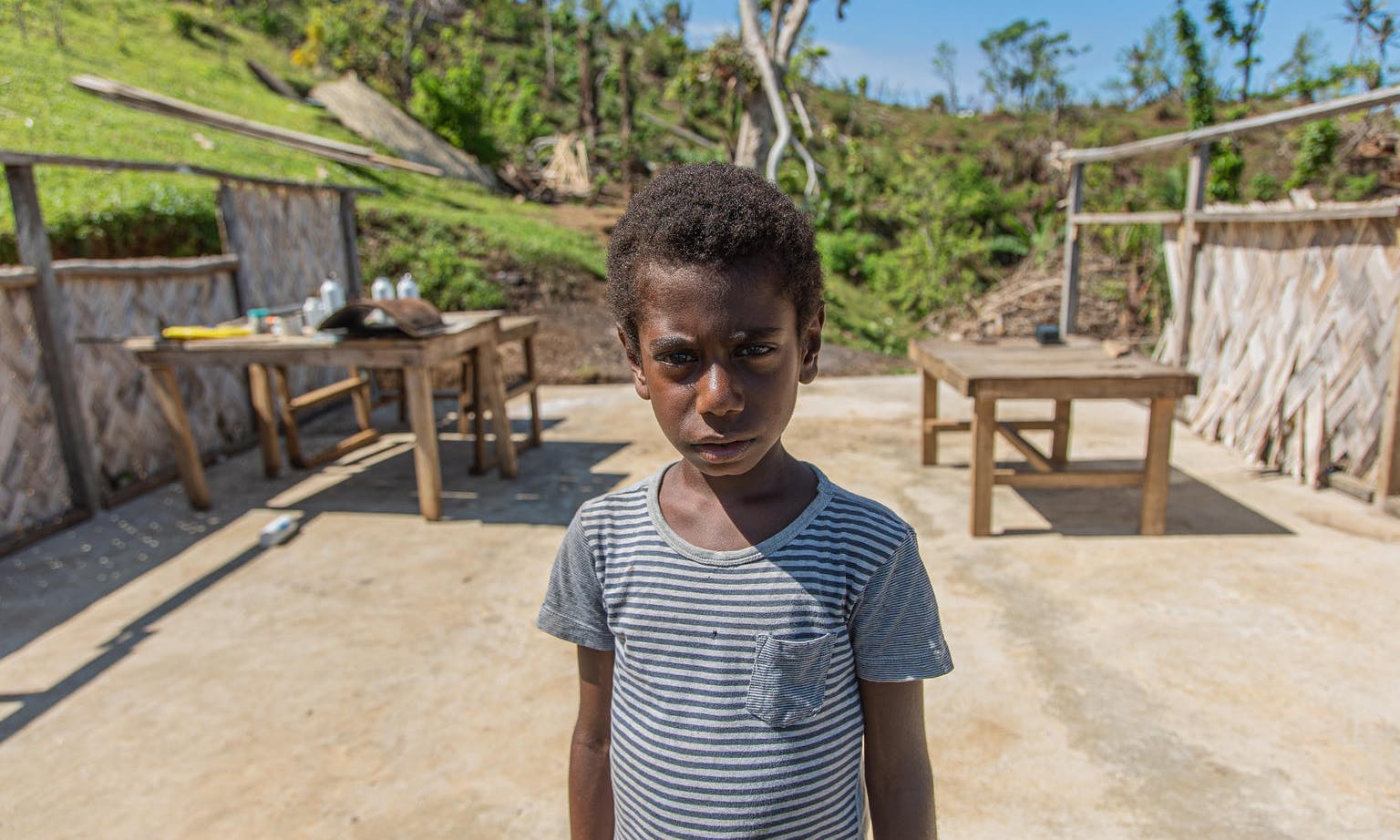
Weather-related disasters led to 43.1 million displacements of children over six years
Children in the Pacific islands of Vanuatu and Fiji featured highly on a per capita basis, with both countries in the top ten for proportion of children displaced by weather related events.
